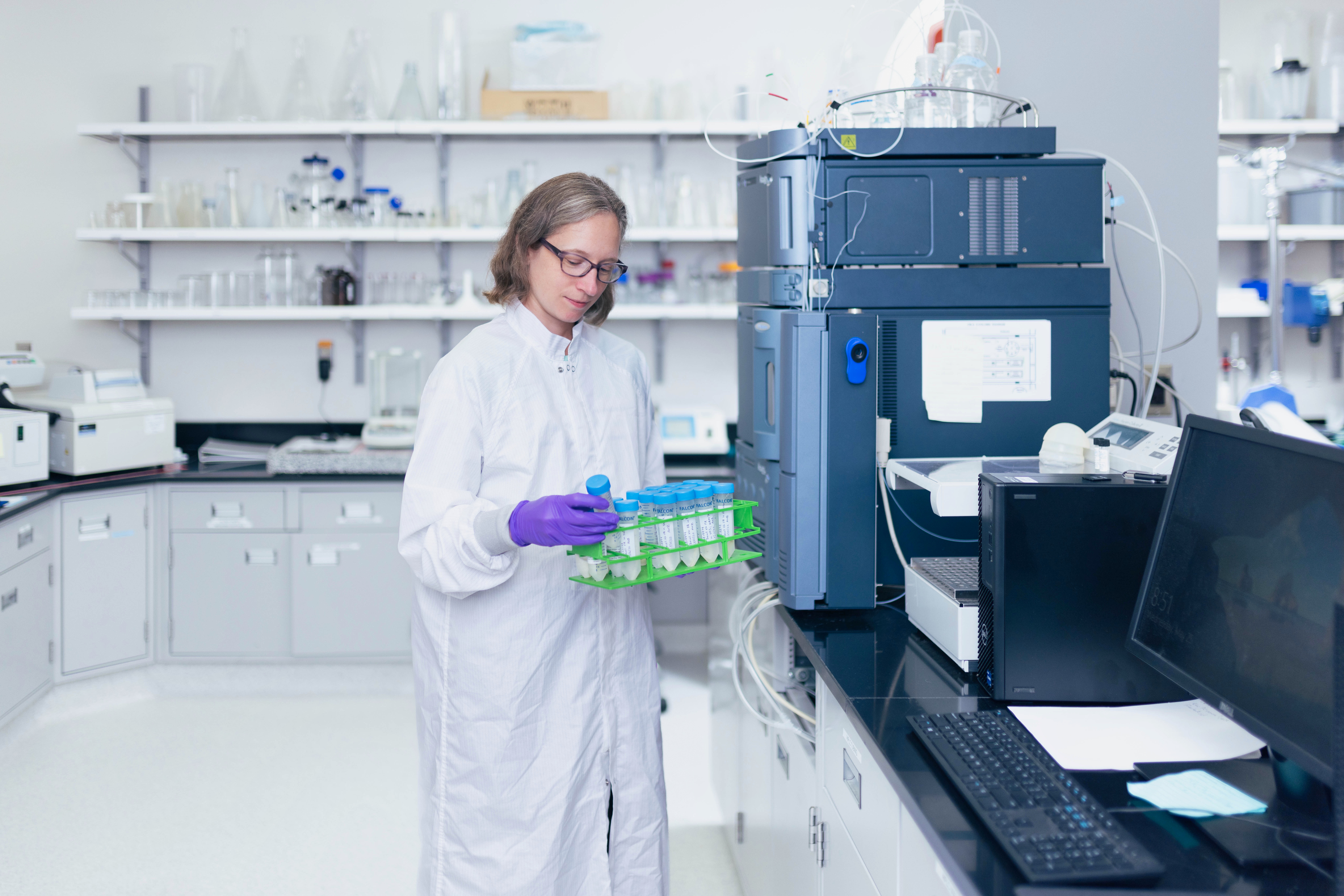Epithelial Irritation and Toxicity

LifeNet Health provides in vitro toxicological assessments of various epithelial tissues. These models are non-transformed cells or tissues. Our models are organotypic tissues that recapitulate the structure, function and metabolism of native tissues. Standard protocols typically examining cytotoxicity are followed to provide a basic assessment. For greater resolution, we also provide evaluation of additional endpoints, such as gene expression (qRT-PCR) or protein secretion (ELISA) analysis of cytokines and custom targets as requested. Histopathology, monitoring of cellular redox balance, and membrane integrity markers.
Connect with an expert
Tests We Offer
- Oral irritation
- Gingival irritation
- Vaginal irritation
- Airway irritation – bronchial/tracheal irritation and toxicity
- Airway irritation – lower airway irritation and toxicity
Expert Regulatory Guidance
- FDA
- EPA
- Health Canada
- European Food Safety Association
- European Medicines Agency
Our Process Sets Us Apart From Other Laboratories
Consultation – We partner with you to determine the best approach, offering customized study plans that draw from our 60-plus years of combined in vitro testing experience. We may recommend utilizing more than one assay when performing a thorough cytotoxicity screening.
Assay Development – We develop and validate your assay using many different cell models, with an emphasis on all-human primary cells and biospecimens to simulate in vitro conditions, which provides more relevant, reliable results than traditional testing methods. This is part of our commitment to advancing alternative methods to support organizations in moving away from traditional animal-based models.
Data Analysis – We provide expert data analysis, including offering adaptable options when needed based on early results.
Results Review – Our clear, concise reports bring simplicity to your biggest data challenges, putting your organization in the best position for regulatory reviews. We may suggest follow-up studies to further your organization’s research goals.
Our facilities are compliant with Good Laboratory Practices and Good In Vitro Method Practices (OECD 286).
